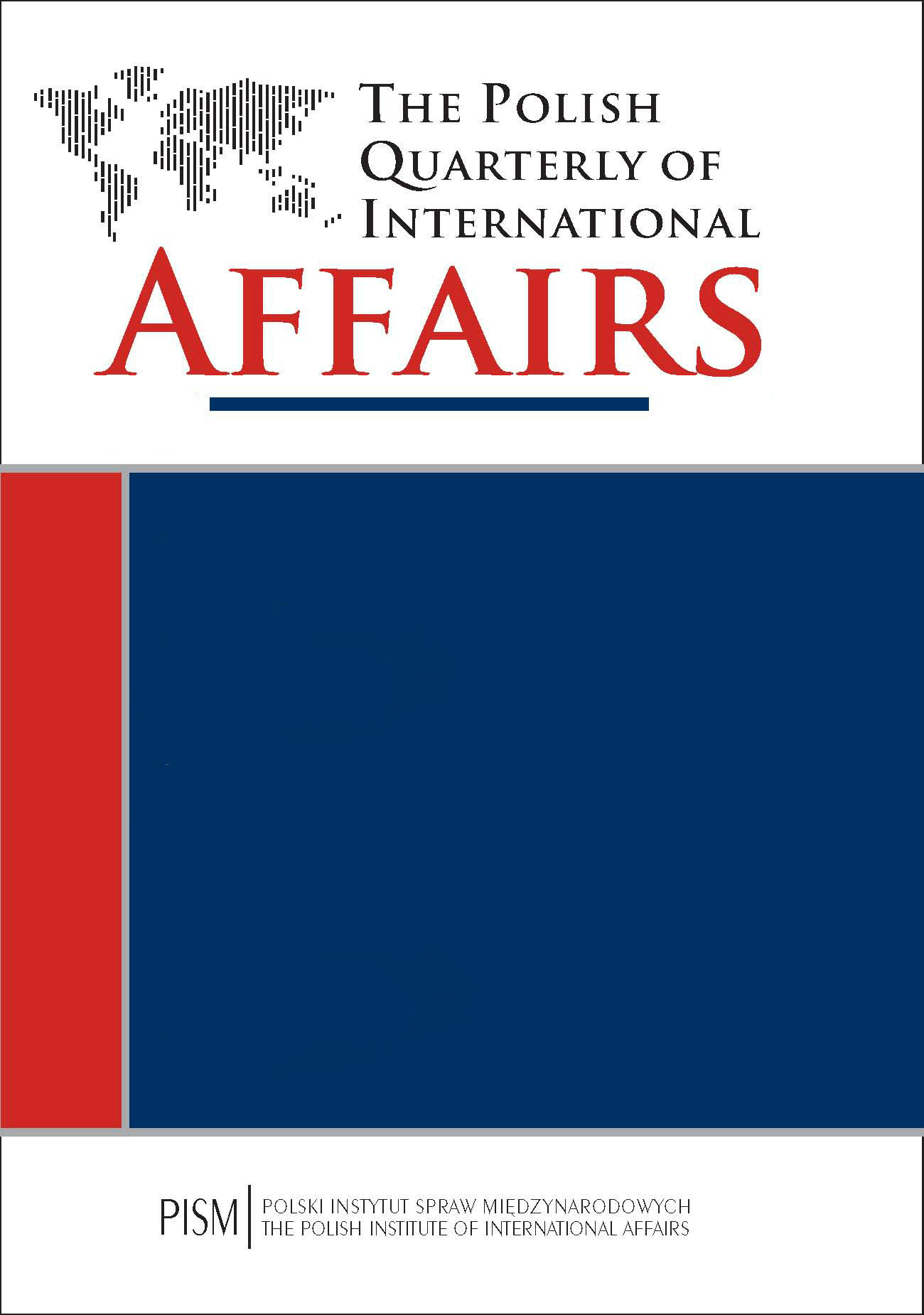Radicalisation by Stealth: Kosovo Case Study
Radicalisation by Stealth: Kosovo Case Study
Author(s): Monika Gabriela BartoszewiczSubject(s): Politics / Political Sciences
Published by: PISM Polski Instytut Spraw Międzynarodowych
Summary/Abstract: When pondering the issues that make life in Kosovo difficult, then which makes Kosovo difficult for the rest of Europe, one would hardly place terrorism at the top of the list. In Kosovo, other problems command attention: state agencies, international organisations and NGOs list international organised crime, corruption, and the economic crisis as the three most menacing spectres in Kosovo. The EU progress report for 2012 states clearly that “to date, terrorism has been a lesser threat in Kosovo than other forms of serious crime” and indeed, enough incidents of terrorism have not occurred to persuade international observers that it poses an insidious danger. One could, however, wonder whether the international community is able to read the writing on the wall when it comes to the increasing possibility of religiously motivated terrorist activity. By examining the processes of Islamic radicalisation in Kosovo, this paper argues that, although Kosovo has a secularised Muslim population, radicalisation by stealth has already started, out of view of the public, and there is an increasing possibility that a terrorism hub will develop in the region.
Journal: The Polish Quarterly of International Affairs
- Issue Year: 22/2013
- Issue No: 4
- Page Range: 95-106
- Page Count: 12
- Language: English

